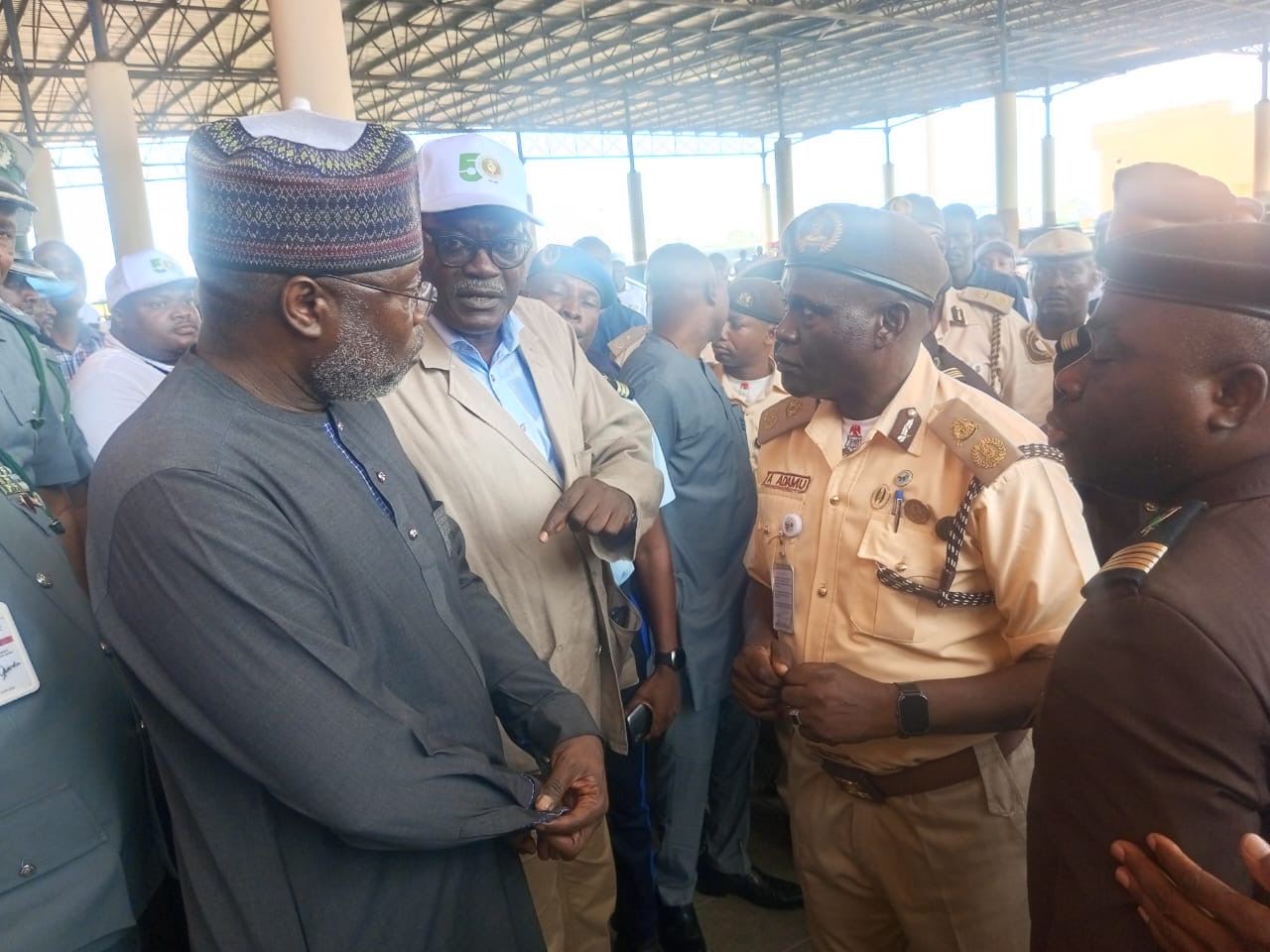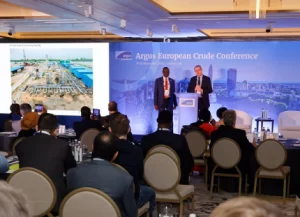ECOWAS President Condemns Nigeria-Benin Border Decay, Calls for Urgent Reforms

ECOWAS President Condemns Nigeria-Benin Border Decay, Calls for Urgent Reforms
The President of the Economic Community of West African States (ECOWAS) Commission, Dr. Omar Alieu Touray, has expressed deep concern over the deteriorating conditions at the Nigeria-Benin border, particularly along the Seme-Mile 2 corridor. He emphasized the urgent need for comprehensive reforms to address the challenges hindering trade, security, and regional integration.
Recent investigations have revealed the presence of nearly 200 checkpoints along the Seme-Mile 2 route, manned by various security agencies, including the Nigeria Customs Service (NCS), Nigeria Police Force (NPF), Nigerian Immigration Service (NIS), and the Nigeria Agricultural Quarantine Service (NAQS). These checkpoints have become notorious for extortion, with traders and drivers alleging that they are compelled to pay bribes to avoid delays and harassment.
Prince Suleiman Momoh, patron of the Seme Chapter of the Association of Nigeria Licensed Customs Agents (ANLCA), highlighted the severity of the situation, noting that over 100 checkpoints are mounted during the day and more than 200 at night, primarily by police officers. He lamented the negative impression these checkpoints leave on visitors and the detrimental impact on businesses.
The excessive checkpoints and associated extortion have significantly hampered trade between Nigeria and Benin, undermining the objectives of the ECOWAS Trade Liberalisation Scheme (ETLS). The ETLS aims to facilitate the free movement of goods and services within the West African region, but the current state of the Nigeria-Benin border poses a substantial obstacle to achieving this goal
Dr. Touray emphasized that the border’s decay not only affects bilateral trade but also impedes the broader vision of regional integration and economic development. He called for immediate action to dismantle illegal checkpoints, streamline border operations, and ensure the smooth flow of goods and people.
In response to the challenges, ECOWAS has urged the Nigerian and Beninese governments to collaborate on implementing reforms that will restore the integrity of the border. Key recommendations include:
-
Reduction of Checkpoints: Limiting the number of checkpoints to essential security points to minimize delays and reduce opportunities for extortion.
-
Enhanced Oversight: Establishing monitoring mechanisms to oversee the activities of security personnel and ensure accountability.
-
Infrastructure Development: Investing in modern border facilities to facilitate efficient customs and immigration processes.
-
Stakeholder Engagement: Involving traders, transporters, and local communities in dialogue to identify challenges and develop practical solutions.
Benin’s Foreign Minister, Shegun Adjadi Bakari, has also called for reforms within ECOWAS, advocating for a focus on economic integration and poverty alleviation rather than interference in internal politics. He highlighted the need for a new consensus on handling political crises and emphasized the importance of reopening borders to facilitate trade and economic growth. The border impasse between Nigeria and Benin has broader implications for regional stability and economic development. ECOWAS has been actively engaging with member states to resolve such issues, emphasizing the importance of dialogue and cooperation.
The current state of the Nigeria-Benin border underscores the urgent need for comprehensive reforms to address the challenges of extortion, inefficiency, and infrastructural decay. ECOWAS, under the leadership of Dr. Omar Alieu Touray, is committed to working with member states to implement necessary changes that will enhance trade, security, and regional integration. By addressing these issues collaboratively, Nigeria and Benin can pave the way for a more prosperous and interconnected West African region.
Do you find Tmaq Media useful? Click here to give us five stars rating!























